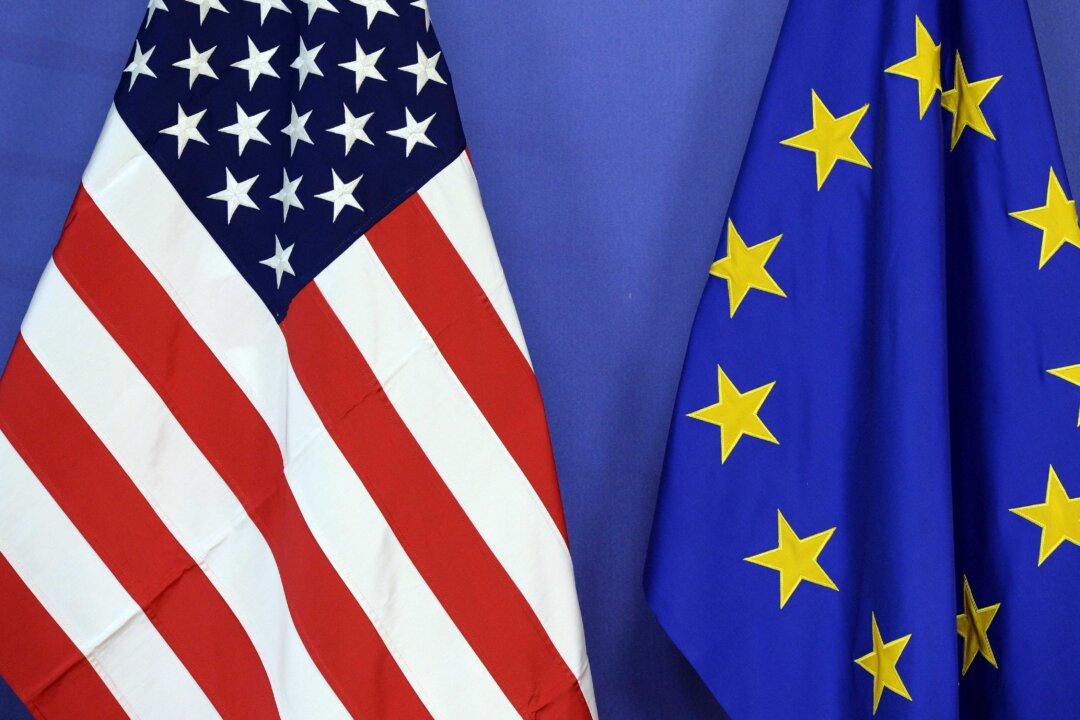Commentary
The United States and European Union are entering a green subsidy race that will determine where millions of electric vehicles will be manufactured over the next decades. EV sales in the United States, for example, are projected to double by 2025 to nearly 2.5 million. Car manufacturers around the world want a piece of that action.





